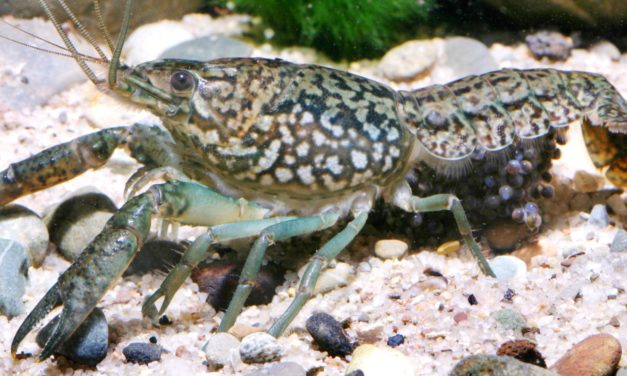Don’t Just Look Up – Pay Attention
Netflix’s new satirical science fiction film, Don’t Look Up, set viewing records when it started streaming on Christmas Eve in 2021. It lampoons government, political and media indifference to a catastrophic threat to the survival of homo sapiens, but unsurprisingly offers no diagnosis for how humanity got itself into such a dire state. Coincidentally, Iain McGilchrist’s magisterial new book The Matter with Things was published just six weeks before the movie, and it offers a vision based in well-researched neuroscience of how humanity could return to a better way of living.
Read More




